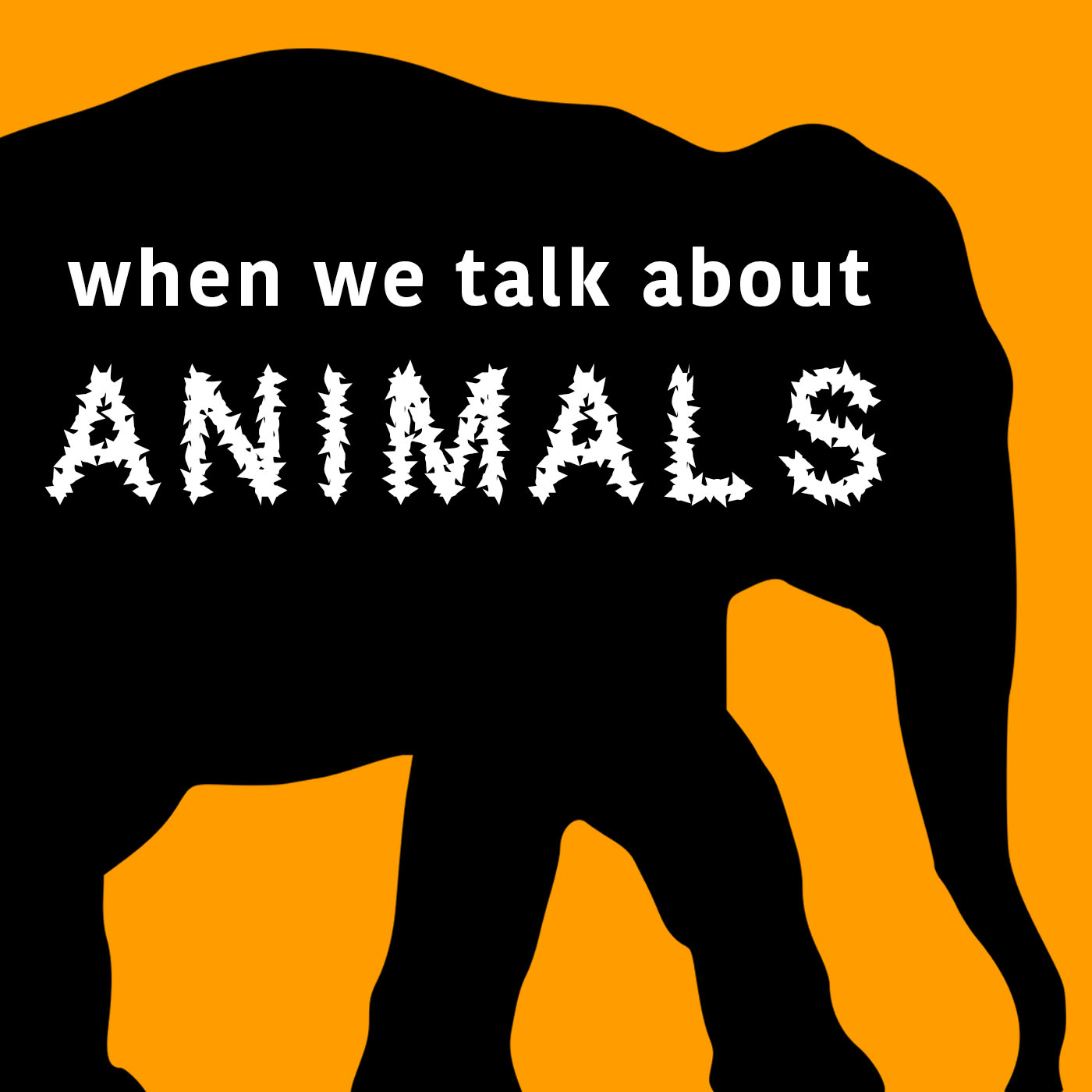
Ep. 39 – Bernie Krause on saving the music of the wild

When We Talk About Animals
Shownotes Transcript
In 1968, Dr. Bernie Krause was leading a booming music career. A prodigiously talented musician and early master of the electronic synthesizer, Krause was busy working with artists like the Doors and the Beach Boys and performing iconic effects for blockbuster films. Then Warner Brothers commissioned him to create an album incorporating the sounds of wild habitats, so he headed into Muir Woods with his recording equipment. What he heard changed his life and triggered a fifty-year odyssey.
Then and there, Krause decided that he wanted spend the rest of his life recording and archiving the music of wild animals and wild places. He quit Hollywood and began traveling the world. The soundscapes he recorded were full of epiphanies about the origin of our own culture and music, about the profound connectedness of creatures, and about the unseen tolls of human activity. Previous wildlife recordings isolated the calls of individual creatures, but Krause recorded habitats as a whole. He soon proposed a new theory of ecosystem functioning: that each species produces unique acoustic signatures, partitioning and occupying sonic niches such that the singing of all of the creatures in a healthy ecosystem can be heard, organized like players in an orchestra.
Today, Krause’s astonishing archive contains sounds made by more than 15,000 species. It is, as The New Yorker aptly put it, “an auditory Library of Alexandria for everything non-human.” Fifty percent of the recorded habitats no longer exist due to habitat destruction, climate change, and human din. We spoke with Krause about the beauty of and perils facing wild music, the extraordinary science of soundscape ecology, and how sound impacts the welfare of animals. The music in this episode is from Wild Sanctuary (www.wildsanctuary.com).